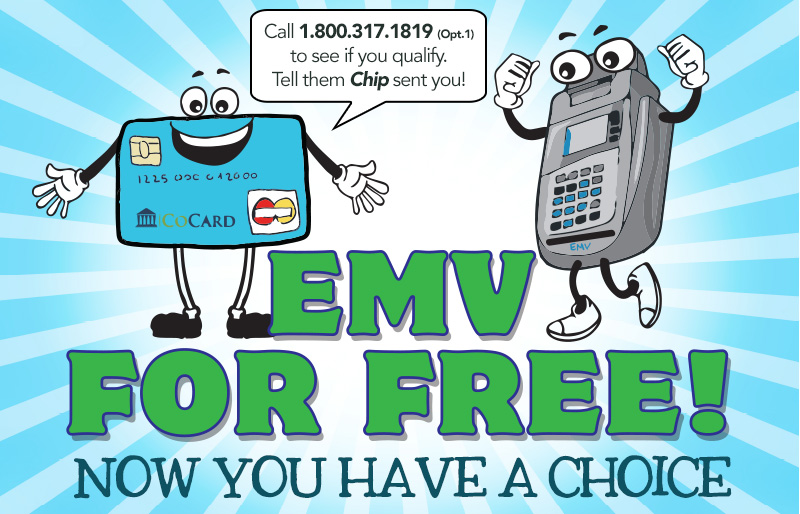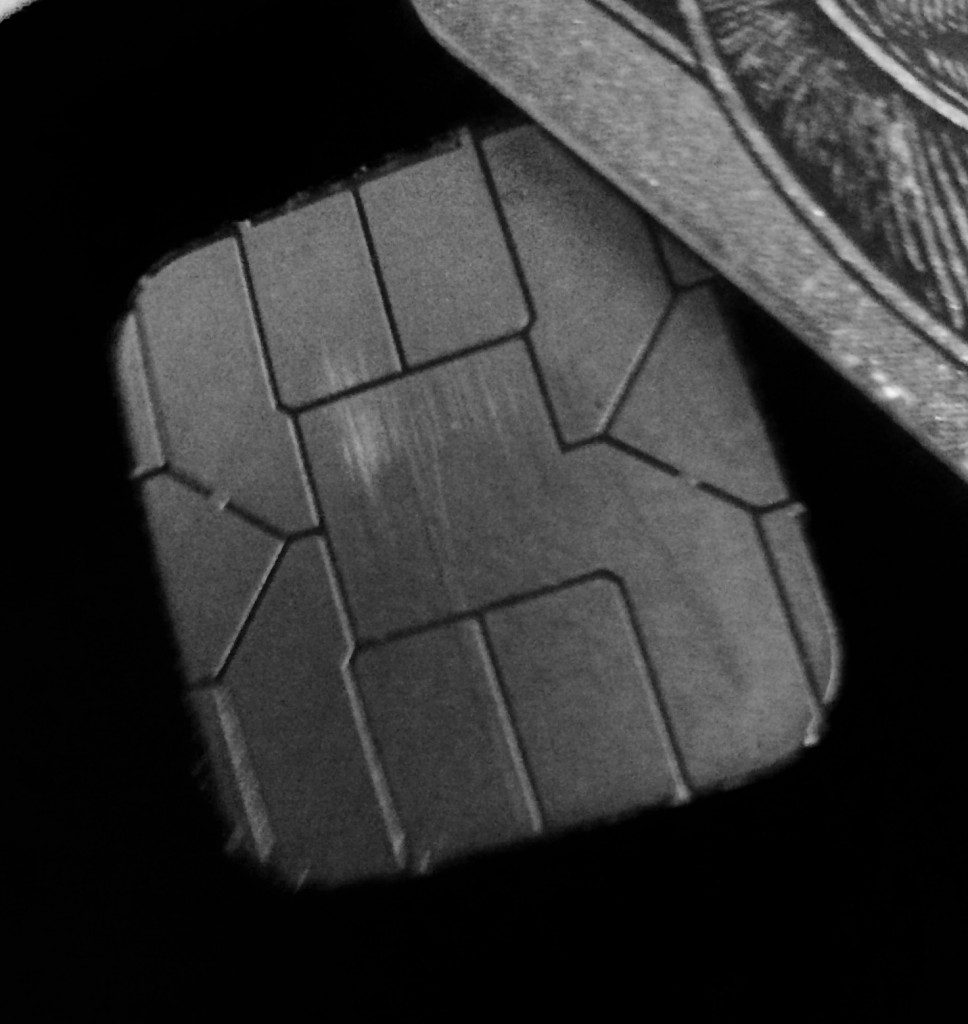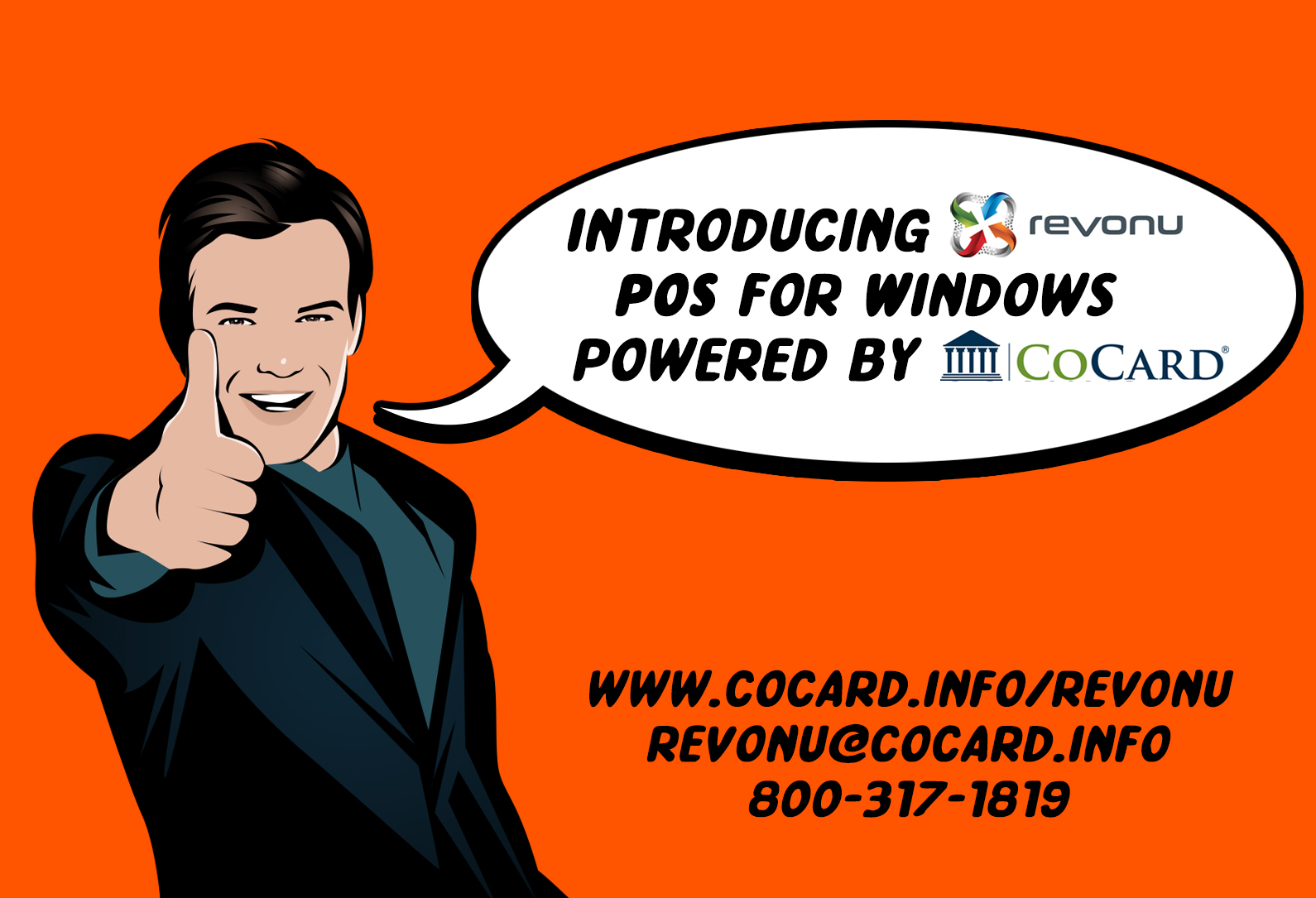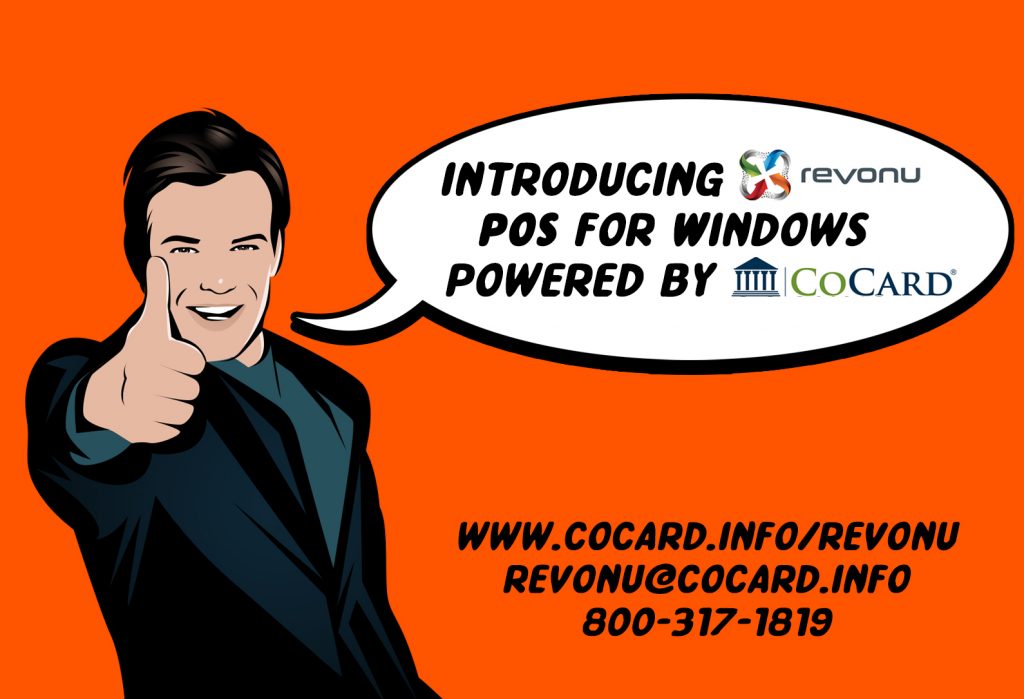Advice,
Blog,
Business,
business owners,
EMV,
Industry,
merchant services,
mobile payments,
New Product,
Point of Sale,
POS,
small business,
Tech

If there wasn’t any before, Apple Pay’s recent expansion has given merchants throughout the country of Canada a strong incentive to provide point of sale solutions compatible with the service. Although Apple Pay isn’t necessarily a service that is new to Canada, May 2016 marks the first time that customers will be able to make transactions with cards not exclusive to American Express.
For those that aren’t familiar, Apple Pay is a relatively new mobile payment feature powered by Apple that allows customers to pay for goods and services through their iPhone, iPad, or Apple Watch. Launched in October 2014, the application is synced with a user’s credit card and is utilized by holding your device near the contactless reader on a merchant’s POS system. The application then requires a user’s fingerprint Touch ID to authorize the transaction, and is a replacement for traditional ‘Chip and Pin’ or ‘Chip and Signature’ security methods.
Although Apple Pay has been available in Canada since November 2015, it has only recently become available for merchants that process cardholders not affiliated with American Express.
On May 10, Apple Pay’s services were expanded to customers of Royal Bank of Canada, Canadian Imperial Bank of Commerce, ATB Financial and Canadian Tire Bank. This expansion now supports Visa, Mastercard, and Interac, servicing a majority of cardholders in Canada. Services will be further expanded to TD Canada Trust, Scotiabank and the Bank of Montreal in order to fully accommodate Canada’s ‘Big 5’ banks, as well as two additional credit unions (iMore).
Apple Pay has potential to make a big splash in the Canadian market, primarily due to its cooperation with banking institutions. American Express is infamous for charging higher processing rates than its competitors, so Apple’s expansion beyond AmEx as sole proprietor of mobile transactions greatly increases its potential consumer base. In terms of customer protection, LoyaltyOne’s Senior Director of Research and Development believes that Apple Pay’s combination of security and branding are among its strongest selling points in foreign markets.
“Trust and security has remained a big issue with digital wallet adoption to-date, but studies show that consumers are more likely to adopt a mobile wallet platform and engage with the app if they trust a brand, and because banks are some of Canada’s most trusted brands, they are well-poised to get the most out of this digital trend,” says Berry. (MobileSyrup).
Having anticipated this major market shift, CoCard is fully equipped with a number of POS solutions that can quickly and efficiently service Apple Pay users in the United States. For more info about Apple Pay devices, call CoCard today at (800) 317-1819 or email at info@cocard.info.
Read MoreRead More
















